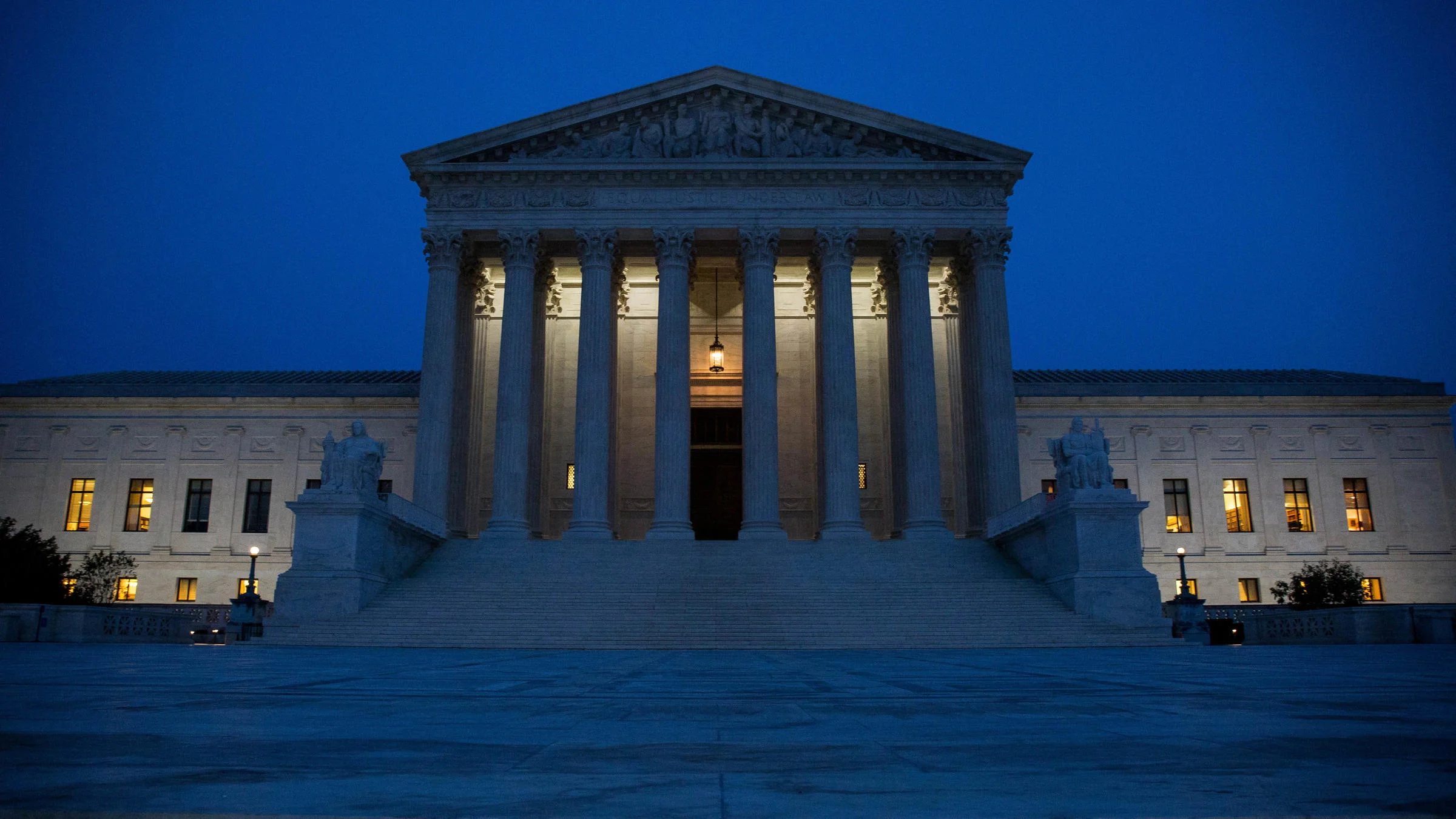Mock Trial Classes
If you are interested in starting this program at your school or organization, contact us and we will find the right specialist for you.
Mock trial is a hands on simulation of the American judicial system. The goal is to help participants acquire a working knowledge of our judicial system, develop analytical abilities and communication skills, display leadership in a court of law, and gain an understanding of their obligations and responsibilities as participating members of our society. Materials for this course are provided by The American Bar Association.
This course includes:
Exploration and explanation of basic legal concepts, court etiquette and vocabulary
Criminal vs. civil trial
Bench vs jury trial, prosecution vs defense, lay witness vs expert witness and direct vs circumstantial evidence
Presumption of innocence, burden of proof and reasonable doubt
Rules of evidence, use of exhibits, objections and objectionable material
Case Analysis
Analysis of statement of charges and a breakdown of the elements of each charge
Analysis of jury instructions and the burden of proof
Outlining the evidence for and against each charge, including: Forensic evidence, eyewitness testimony and statements
Determining motive or lack of motive and determining the opportunity or lack of opportunity to commit the crime
Analysis of corroboration and/or inconsistencies between witnesses
Analysis of all exhibits
Writing and practicing Direct examinations
Purpose, scope and expectations for each role
Analysis of proper examination and further analysis of witness statements
Outline of direct examination
Draft of direct examination
Analysis and removal of objectionable or extraneous material
Witness preparation and adjustments based on witness preparation
Responding to objections
Writing and practicing cross examinations
Purpose, scope and expectation for each role
Analysis of proper cross examination and analysis of anticipated direct examination
Outline of cross examination
Draft of cross examination
Analysis and removal of objectionable, leading or extraneous material
Witness preparation and adjustments based on witness preparation
Responding to objections
Writing and practicing openings
Purpose, scope, structure and expectations for openings
Persuasive rhetoric and opening arguments
Analysis of jury instructions and jury
Developing and delivering the 'theme' of a case
Analysis of extraneous or unhelpful information
Further contemplation of burden of proof and how it pertains to the openings
Contrasting analysis of defense's opening to the prosecution's opening
Writing and practicing closings
Purpose, scope, structure and expectations for closings
Analysis of the charges, evidence, testimony and adjustments that the case may have brought
Analysis of reasonable doubt
Analysis of what may and may not be referenced in the closing
Discussion of adaptability and last moment adjustments
Outline of closings
Draft of closings
Mock trial performance
Students perform at the end of session.
